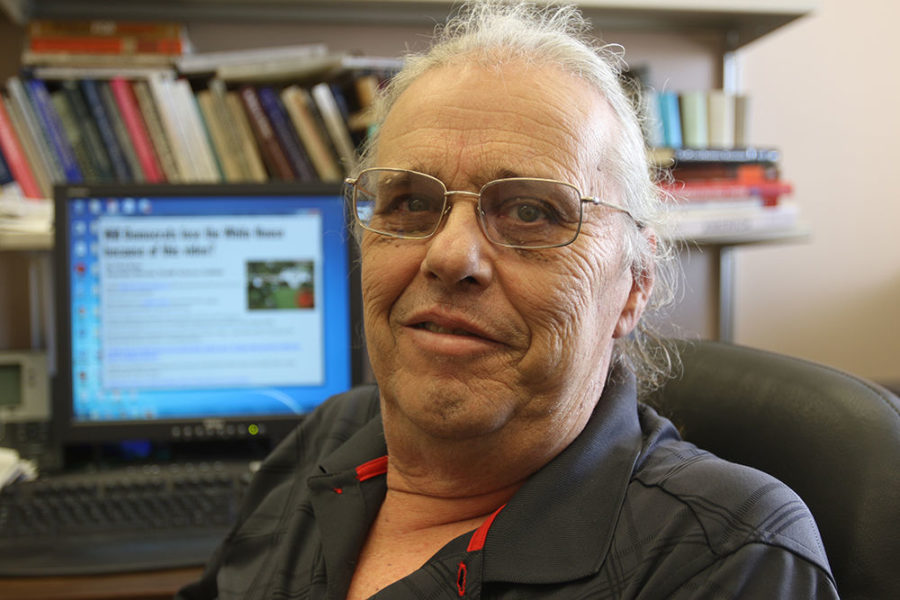Clearing up political misconceptions in a Q&A session with UK Political Science Professor
March 3, 2016
The current presidential campaign features candidates on polar opposite ends of the ideological spectrum, with each side throwing around labels like “fascist” and “communist.”
To get past all the rhetoric and misconceptions surrounding this campaign, the Kentucky Kernel spoke with political science professor Donald Gross to separate fact from stereotype in American politics ahead of Kentucky’s first ever Republican caucus on Saturday.
Q: The Republican Party is often viewed as the party of the rich. Is this accurate?
A: Actually both parties are getting massive amounts of money from wealthy individuals. Hillary Clinton has gotten more money from corporate interests and banking interests than any Republican. You also get different sectors – the energy industry tends to heavily favor the Republican Party, while the entertainment industry has tended to favor the Democratic Party.
Q: Liberals are typically considered to be more educated and intelligent than conservatives. Is there any truth to this assertion?
A: It somewhat depends upon how you think about both education and liberalism. In general if you look at tolerance, there does tend to be a positive association with more educated individuals being more tolerant.
It also depends a lot on what aspects of liberalism you’re looking at and the individual profession. For example, social scientists (political scientists, sociologists) tend to be more liberal while natural scientists (biologists, physicists) tend to be more conservative.
Q: Sanders is running as a democratic socialist, but there seems to be a lot of confusion over what this means.
A: With democratic socialism, you’re talking about the government being more directly involved in providing social benefits such as health care, retirement, unemployment benefits, etc. Sometimes it can mean the government operating certain aspects that are typically run by the private sector.
Q: When Sanders advocates for these policies like universal health care and publicly funded college, are they really that leftist compared to the rest of the world?
A: Universal health care is more doable because sooner or later people will start to realize that they can either pay $500 dollars out of pocket to a private insurance company for health care, or they can pay the government in taxes.
College funding is a different issue. One of the biggest changes that I’ve seen over my 40 years here has been a decrease in the willingness of the state government to give adequate funding to public universities. A massive amount of the increase of costs at universities is due to administrative overhead, so not all the blame goes to the state. But when the state legislature keeps cutting funds year after year, universities can only get money from one place else — and that’s raising tuition.
So universal college is not as feasible for America as universal health care, but we could be doing immensely more to alleviate the rise of college tuition.
Editor’s note: The answers in this story were edited for brevity and clarity.
































































































































































